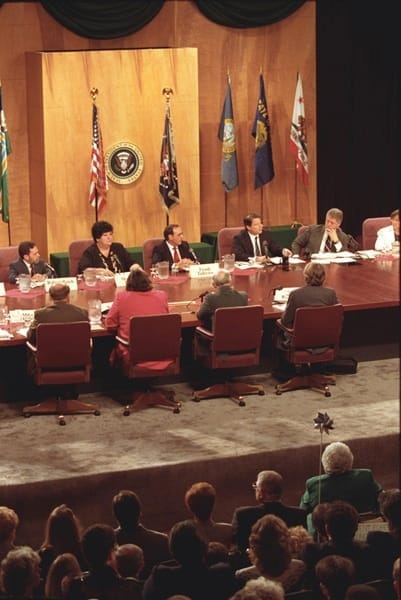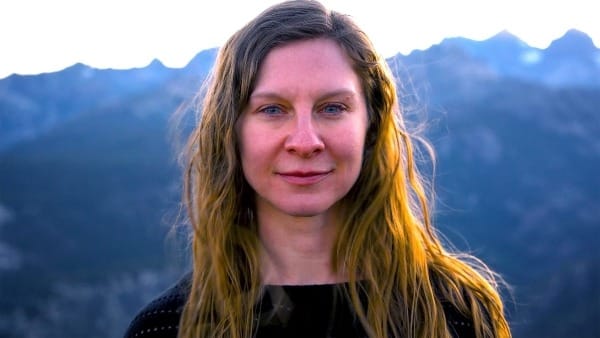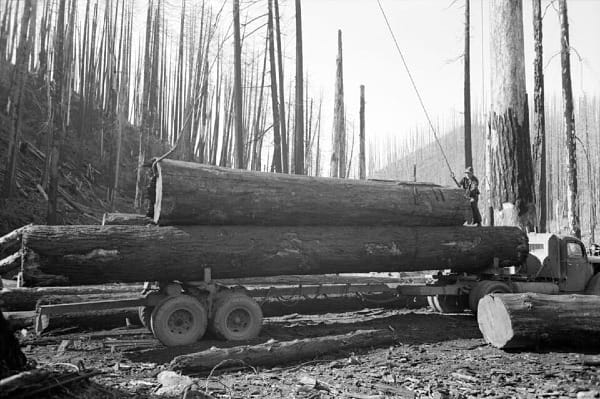Pursuing Complex Local History
Jennifer Ott and public history
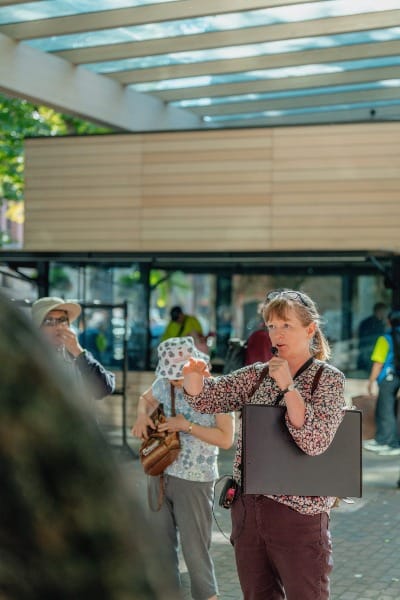
Introduction
After I left my university position, I knew I still wanted to write history. One place that seemed like a natural fit was HistoryLink.org, a free online encyclopedia of Washington state history. I reached out to Jennifer Ott, who has been associated with HistoryLink.org for a long time, now as its executive director. I had previously encountered Jennifer's work through an outstanding article, "'Ruining the Rivers' in Snake Country: The Hudson's Bay Company's Fur Desert Policy," in the Oregon Historical Quarterly from 2003. I used the article in my first book and taught from it for two decades. It showed the marks of excellent research, clear thinking, and expansive historical lenses. All of this Jennifer has brought to her work as a historian in various roles, and she models it for the staff and freelance writers of HistoryLink.org.
Jennifer has not always been executive director of HistoryLink.org. She has worked as a consulting historian for decades, writing articles, exhibits, tours, and more for various organizations and public agencies. A specialist in environmental and western history, Jennifer has published widely on HistoryLink.org, as well as in other venues. Her books include Waterway: The Story of Seattle's Ship Canal (co-written with David B. Williams, another local historian I've interviewed); Olmsted in Seattle: Creating a Park System for a Modern City, and the brand new Where the City Meets the Sound: The Story of Seattle's Waterfront.
Like many of us, Jennifer Ott cannot define her professional identity simply.
I think of myself really in that dual role. I’m an environmental historian with a bent toward public history and also the executive director of a nonprofit organization, HistoryLink.org. It kind of works well because it’s two different sides of your brain in a lot of ways. I enjoy good project management and planning and all of that, but I also love getting to do the research and writing.
That love of research held her back from pursuing an exclusively freelance writing career.
I did realize pretty quickly that I would never write fast enough to really make a career out of it. That was not going to be a sustaining income. For HistoryLink, I love writing the articles, but I never was fast enough. I always would go down too many rabbit holes and wander around. Very undisciplined!
What Jennifer calls "undisciplined," though, is a curiosity and thoroughness that has served her well.
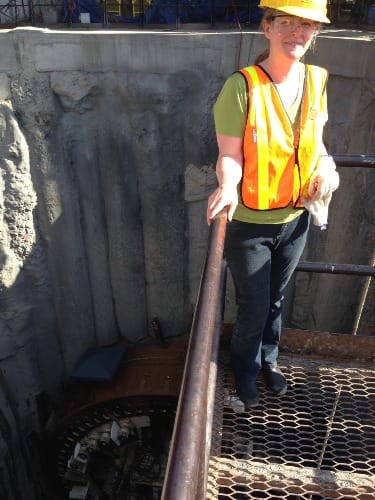
The Genesis of a Historian
Jennifer's deep curiosity about place is rooted in her childhood. Her family moved frequently across Washington and Oregon, a practice that encouraged historical questions.
We moved a lot when I was a kid. That made me very curious. We’d move to a town. I'd ask, What’s the story here? What’s this place? And they always had interesting stories. It was always rewarding.
A key moment in solidifying her connection to history and place occurred at age 14, when she encountered Bruce Chatwin’s The Songlines in a Cannon Beach bookstore. It captivated her.
I was enthralled by that storytelling. The weaving of history and today and all that. I now would probably read it with a little more critical eye, because he was quite a character and he was doing his own thing. But for an introduction to thinking about place and our connection to space and place—what an amazing opportunity! It drew me right in.
Despite that early introduction to thinking about history and place, Jennifer headed to college at the University of Washington expecting to major in political science and go work in the foreign service in East Africa—something to get her beyond Puyallup where she had graduated from high school. However, history quickly grabbed her attention, and she double majored in history and the comparative history of ideas.
While Jennifer was at UW, the history department included significant scholars in Northwest and environmental history who shaped a generation (or two) of scholarship. She took Northwest History from John Findlay ("the most amazing class") and an environmental history seminar with Richard White ("I was just in love with the topic")—scholars who I read in college and beyond and whose work has influenced many historians.
